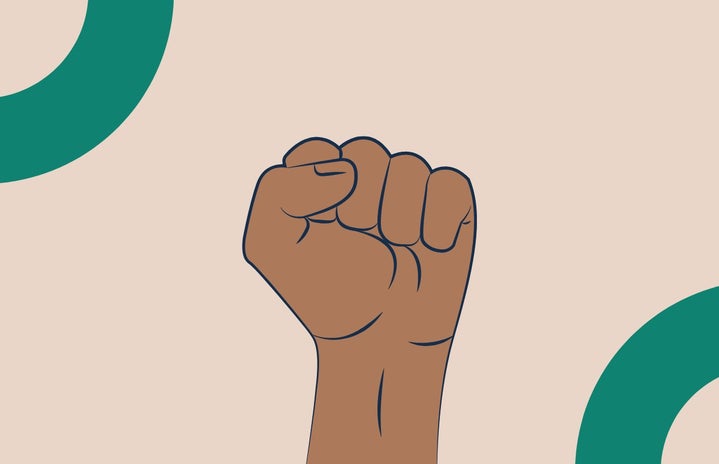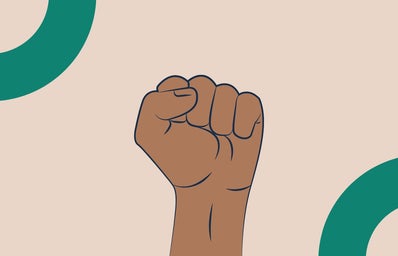South Africa has a rich history filled with heroes and voices that stood up against the Apartheid regime. A man familiar with the struggle and the upliftment of black voices is Bantu Stephen Biko. Steve Biko was an anti-Apartheid activist best known to stand up for African nationalism. Additionally to being at the forefront of the anti-Apartheid movement, he also created a platform for black voices. Biko is particularly known for the Black Consciousness Movement. Unfortunately, he saw his end on the 12th of September 1977.
Forty-four years later, the impact of Steve Biko reigns and it is obvious that his legacy of Black Consciousness is still a necessary mindset in present day South Africa. The simplest definition as explained on Wikipedia, “the Black Consciousness Movement was a grassroots anti-Apartheid activist movement that emerged in South Africa in the late 1960s out of the political vacuum created by the jailing and banning of the African National Congress and Pan Africanist Congress leadership after the Sharpeville Massacre in 1960.” In hopes of not simplifying the role and importance of the movement, the Oxford dictionary explains the movement as, “awareness of one’s identity as a black person, especially as a basis for a political grouping or movement.” However, to better explain what Black Consciousness means I will refer to the words of Steve Biko from his Black Theology Seminar on the 28th of August 1971, he stated that, “Black Consciousness is in essence the realization by the Black man of the need to rally together with his brothers around the cause of their oppression – the blackness of their skin and to operate as a group in order to rid themselves of the shackles that bind them to perpetual servitude. It seeks to demonstrate the lie that black is an aberration from the normal which is white. It is a manifestation of a new realization that by seeking to run away from themselves and to emulate the white man, blacks are insulting the intelligence of whoever created them black. Black consciousness therefore takes cognizance of the deliberateness of God’s plan in creating black people black. It seeks to infuse the black community with a new-found pride in themselves, their efforts, their value systems, their culture, their religion and their outlook to life.”
The core and the grassroots of Black Consciousness raises issues of Ubuntu, epistemicide, economic and social injustice. Despite having been created in the late 1960s, we see a need for Black Consciousness desperately now in South Africa. It encompasses the ideology, brought forward by Mogobe Ramose, that the post-1994 South Africa presents a democracy on paper but perpetuates the qualities of a timocracy where profit is the main goal. This idea comes from the standpoint that the residue of oppression is still present in South Africa, in how our buildings and statues are built, our national anthem and economic oppression. South Africa displaying characteristics of a timocracy perpetuates epistemic and social injustice and thus keeps black people in a position in which they do not see their value and their culture and efforts are not recognised.
The current South African Constitution tries to conceal where power is really positioned yet it seems like I, myself have fallen into the trap of “blame” which can be argued as a measure which shackles black individuals from looking forward and realising their value. However, as easy as it is to say this, Black Consciousness is a process which seems to highlight the notion: “don’t focus on them, focus on you” until black people reach a capacity in which they do not believe in a system enough to bind themselves to it. The realities are that there is a system in place. How we face it or deal with it is somewhat also a reflection of Black Consciousness.
Furthermore, the ideology highlights the need of solidarity and a sense of unity in the black community, but the notion is often questioned against “black tax” and being held responsible for caring for a community that does not want to see you succeed or hope for your downfall. Moreover, the idea that the dependency of so many people on one breadwinner can also hinder the need for solidarity and contributing a helping hand. It is seen continuously in the black community and the reality is that the ideology cannot work in circumstances such as this. However moving from a micro scale example, this need raised by Steve Biko highlights Ubuntu and with reference to Ramose, there seems to be a lack of it in the 1996 South African constitution. In contrast, Justice Mokgoro highlights the opposite, where South Africa’s Constitution maintains dignity, equality, respect and group solidarity in order for us as South Africans to work and heal together without the exclusion of any other race.
Black Consciousness seems to highlight the idea that your worst enemy is yourself, and that starts with a decolonisation of thought, belief and values. In South Africa today, that is necessary. We may have had black presidents and policies that ensure substantive equality but in order to achieve a better future, it starts in your home as well.
On the other hand, we have the issue of wealth redistribution and poverty. This is where Black Consciousness sees a need for intricate understanding within the black community. South Africa is still very flawed especially when viewed through the private sphere. Steve Biko has created this mindset as a tool which can be used as a guideline in order to slowly and meticulously unbind ourselves from shackles. But it takes work and reconstruction.
Steve Biko has created an ideology that is still pivotal to the everyday lives of black South Africans, the journey is not over yet.


